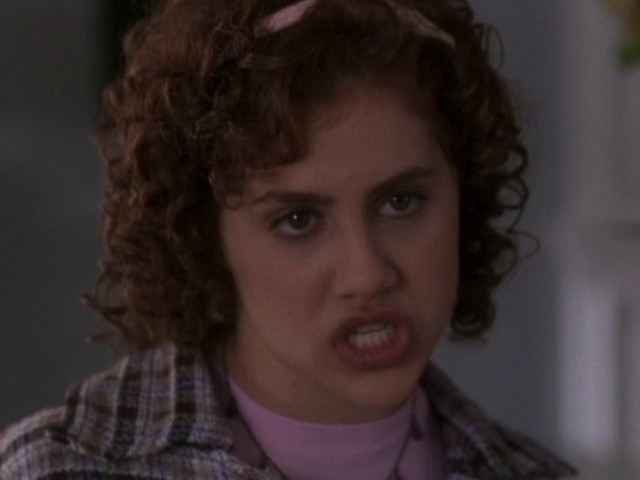Not Another Teen Movie
by Alexandra Molotkow

In the words of Barbara Amiel, wife of Conrad Black, woman of letters, tireless advocate for the elite:
Since time immemorial, people of limited or average ability and energy have consoled themselves that they understand the more important values in life, such as relationships and intimacy, as though these things were not available to energetic, talented people. This is a literary convention that fuels many a work on stage and screen as well as between covers. One of the commonest ways by which this is done is to depict these powerful and successful beings as human failures… People like to be reassured that though they don’t amount to much, what matters is that their friends love them.
Sometimes I love reading Barbara Amiel’s writing, the same way I love the SCUM Manifesto. Both Solanas and Amiel at her best compose elegant, perfectly metered sentences founded on horrifying vitriol, which makes them feel like numetal. This is one of my favorite quotes, not because I want anything to do with the sentiment, but because of how baldly evil it is.
That said: it’s just true enough to also sort of be the message of Clueless, which turned 20 this weekend. We weren’t going to say anything, but… Clueless is so relevant still! Not for its nostalgic, or aspirational elements, but for the basic idea that being an “outsider” doesn’t necessarily make you a better, or more interesting person. People feel for Kim Kardashian the way they did for Cher.
The late ’90s saw a switchover from “loser” to “winner” narratives. Tai would have been the protagonist of just about any teen movie from the decade previous. In Clueless, she’s kind of annoying, and kind of stupid, and the minute she gets any power she behaves like a jerk. But it’s not about Tai; it’s about Cher.
Last fall I interviewed Jesse Wente, Director of Film Programmes at TIFF Bell Lightbox, about a ’90s retrospective the institution was running. He pointed out that, while ’80s cinema was about valorizing the geeks and outsiders, the ’90s were more about cliques — not insiders vs. outsiders, but groups vs. groups. (Interesting side note: Kim Gordon’s dad, Wayne C. Gordon, “was the first person ever to put a name to various school-age groups and archetypes,” she writes in Girl in a Band. “ — preps, jocks, geeks, freaks, theater types, and so on.”) Freaks and Geeks, from 1999, is a good example: “the popular kids” are irrelevant. What happens in the Freak group is about the kids in the Freak group, who can be mean and exclusive to each other without any high-minded allegories for actual oppression.
Politically speaking, valorizing the outsider makes sense — genuine elitism is scary and causes great human suffering, which is why Amiel’s quote is evil rather than just funny and mean. The silly thing, looking back on ’90s teen cinema, is how easy it was to mistake high school identity politics for actual politics. As much as I love John Hughes and his acolytes, the high-school-as-microcosm-for-society trope is absurd, and frustrating, in hindsight. The kids had it pretty great; generally, the biggest difference between them was whether their damage was anger or boredom. Clueless endures because it never took that shit so seriously. It’s just a great teen movie.